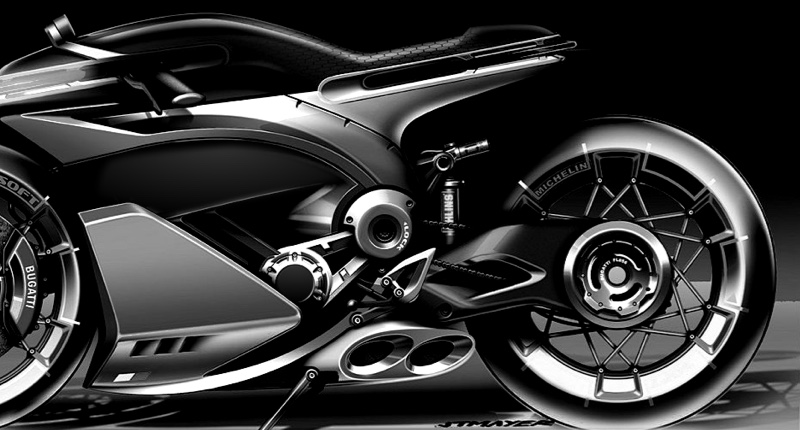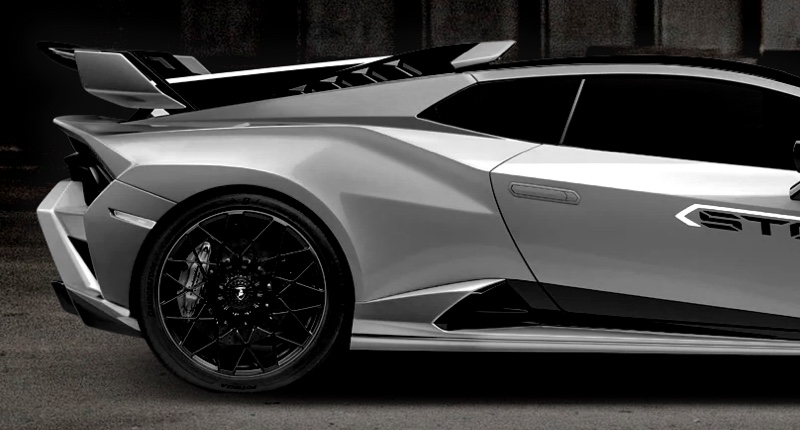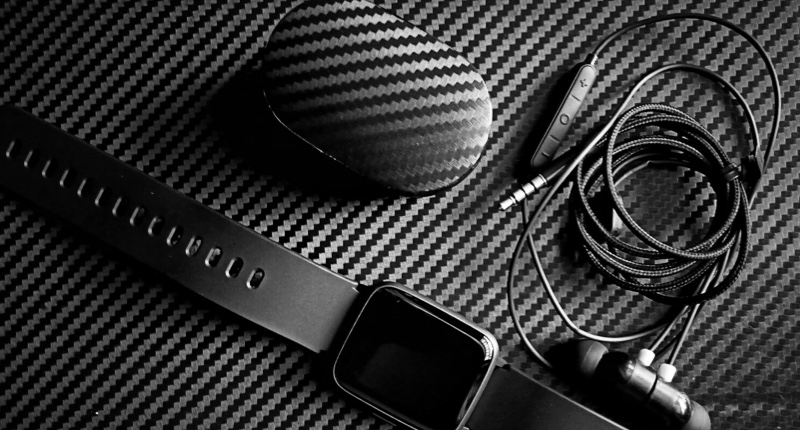is carbon fiber a conductor | Supreem Carbon Expert Guide
- Is Carbon Fiber a Conductor?
- What Is the Electrical Conductivity of Carbon Fiber Compared to Metals?
- How Does Carbon Fiber Conductivity Affect Its Use in Parts Manufacturing?
- Are All Carbon Fiber Parts Conductive Equally?
- What Safety Considerations Should Be Taken into Account Regarding Carbon Fiber Conductivity?
- How to Evaluate the Quality of Carbon Fiber Parts Concerning Conductivity?
Is Carbon Fiber a Conductor?
Carbon fiber is a unique composite material primarily made of thin strands of carbon atoms bonded together in a crystal alignment. One of its notable properties is electrical conductivity due to the structure of carbon atoms, which allows electrons to flow. While not as conductive as metals like copper or aluminum, carbon fiber does conduct electricity with a resistivity typically around 1.0 x 10-5 to 3.5 x 10-5 Ω·m, making it a moderate conductor. This electrical characteristic must be considered during component design and procurement as it impacts safety, durability, and functionality in automotive, aerospace, and electronics industries.
What Is the Electrical Conductivity of Carbon Fiber Compared to Metals?
Carbon fiber's conductivity is generally about 10 to 100 times less than copper, which has a resistivity of approximately 1.68 x 10-8 Ω·m. Aluminum stands at around 2.65 x 10-8 Ω·m. Due to this, carbon fiber is classified as a semi-conductor; it can conduct electricity but not as efficiently as traditional metals. Understanding this helps manufacturers decide whether to incorporate additional conductive elements or insulation layers in their parts.
How Does Carbon Fiber Conductivity Affect Its Use in Parts Manufacturing?
The semi-conductive nature of carbon fiber means that without proper design, parts may unintentionally conduct electricity, leading to short circuits or interference in electronic devices. Manufacturers often use insulating coatings or combine carbon fiber with resins to control conductivity. When procuring carbon fiber parts, buyers should inquire about the fiber type, weave pattern, and epoxy system, all of which influence conductivity and mechanical properties.
Are All Carbon Fiber Parts Conductive Equally?
No, conductivity varies depending on fiber type (e.g., PAN-based vs. pitch-based), weave orientation, volume fraction, and manufacturing methods. Pitch-based carbon fibers usually have higher conductivity due to higher graphitization. Also, higher fiber volume content increases conductivity. Tailoring these parameters allows suppliers to offer parts with conductivity levels optimized for specific applications.
What Safety Considerations Should Be Taken into Account Regarding Carbon Fiber Conductivity?
Because carbon fiber conducts electricity, components exposed to high voltage or sensitive electronics must be designed carefully to prevent accidental electric shock or electromagnetic interference (EMI). Grounding measures and insulation barriers are often required. Procurement professionals should specify these safety features and verify that suppliers comply with industry safety standards like UL or ISO certifications.
How to Evaluate the Quality of Carbon Fiber Parts Concerning Conductivity?
Testing methods such as four-point probe resistivity measurements and electromagnetic interference screening are used to verify the conductivity of carbon fiber composites. Buyers should request test reports or certifications from suppliers to ensure parts meet required electrical performance criteria. Additionally, considering environmental factors like humidity and temperature is vital, as these can affect conductivity in service conditions.
In conclusion, carbon fiber is a moderately conductive material that plays a crucial role in advanced manufacturing sectors. Procurement professionals in the carbon fiber parts industry must understand the nuances of its conductivity to select and specify parts that meet both mechanical and electrical requirements, ensuring product safety, reliability, and regulatory compliance.

100% Carbon fiber dash panel and window door trims set for NSX

Supreem Carbon Cross-Country Mountain Bike Seat: The Ultimate Lightweight Carbon Fiber Upgrade

Ultimate Guide to Custom Carbon Fiber Car Parts (Performance, Process & Buying Tips)

Supreem carbon Auto part new arrivals!

What are the Applications of Carbon Fiber in BMW Cars

What Are the Most Common Uses of Carbon Fiber in 2025?
For Products
Which carbon fiber material you can provide in production?
1*1 plain /2*2 twill / forged carbon / honeycomb / kevlar and so on.
Which surface could you provide for the carbon parts?
Gloss finish, matte finish, satin finish. Some color coating as the customer needs.
How can I get some sample?
Actually we dont provide the free sample to customer, you can place a sample order if need some parts.
For Facotry
How many monthly production capacity of the factory?
The average monthly production capacity reach 3000 pieces. With the equipment upgrade, it will be increased over 4000 pieces per month.
For Order Delivery
How to choose the mode of transportation?
We use official shipment like Fedex,UPS,DHL and so on. Also customer can arrange delivery by themselves.

Aprilia Tuono V4 Carbon Fiber Chain Guard

Custom Made BMW S1000RR Performance Carbon Fiber Heel Plates
These carbon fiber parts are 100% handmade and formed through an autoclave process. It can not only reduce the weight of the vehicle body but also improve the overall performance of the motorcycle. Give you a different visual experience.

Porsche GT3RS Carbon Fiber Full Sets Aerodynamics Kits

Ducati Panigale 1199 1299 899 959 V2 Carbon Fiber Suspension Cover
Let’s Bring Your Carbon Fiber Ideas to Life
Have a question or inquiry about our carbon fiber composite products? Leave us a message here, and our team will get back to you promptly.
Whether you're interested in custom orders, technical specifications, or partnership opportunities, we're here to assist you.
Please fill out the fields above with your name, email address, and message.
© 2024 Supreem Carbon All Rights Reserved.





Facebook
Pinterest
LinkedIn
Instagram